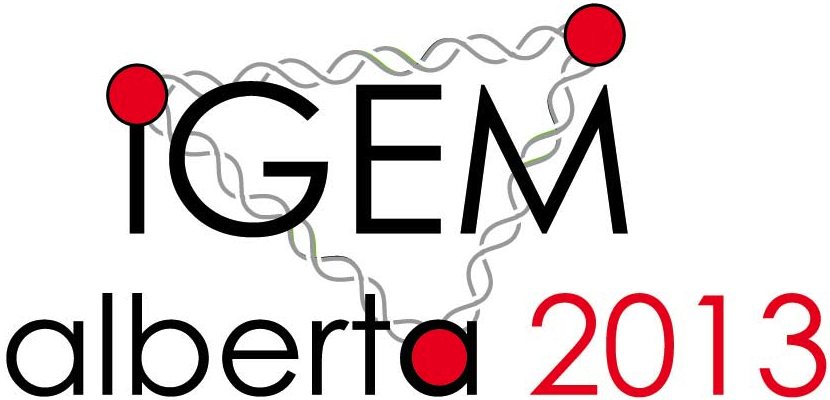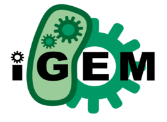Team:Alberta/Attributions
From 2013.igem.org
| Line 424: | Line 424: | ||
<div class="sidebar"> | <div class="sidebar"> | ||
<div href class="tooltip"><img src="/wiki/images/7/7d/SideChar.png"></img> | <div href class="tooltip"><img src="/wiki/images/7/7d/SideChar.png"></img> | ||
| - | <span class="saying">Welcome to the Team Alberta Wiki! | + | <!--span class="saying">Welcome to the Team Alberta Wiki! |
<div id="box" style="width: 450px; padding: 5px; border: 3px solid #000; background-color: #000000;"> | <div id="box" style="width: 450px; padding: 5px; border: 3px solid #000; background-color: #000000;"> | ||
<div id="template" style="text-align: center; font-weight: bold; font-size: large; color: #f6f6f6; padding: 5px;"> | <div id="template" style="text-align: center; font-weight: bold; font-size: large; color: #f6f6f6; padding: 5px;"> | ||
| Line 430: | Line 430: | ||
</div> | </div> | ||
</div> | </div> | ||
| - | </span> | + | </span--> |
</div> | </div> | ||
</div> | </div> | ||
Revision as of 02:59, 28 September 2013
Attributions
All of the experimental work described herein was performed by the
team with technical support from Prof. Ellison’s technician, Nien-tsu
Tseng. The TSP concept was inspired by the Missouri-Davidson 2007
iGEM team who broke the ice with their work on the Hamiltonian
variation of TSB problem. The experimental approaches used here
evolved over discussions with our supervisors during group meetings.
The correct weighting algorithm that relates city path lengths to linker
concentrations was developed by Dr. Doug Ridgway, a supervisor of the
2012 iGEM team. The plasmids used to create TSB compatible parts by
PCR were a gift from Genomikon Inc.
The creation of the violacin bricks that we will use in the test of the
5-city TSB would not have been possible without the violacein operon
biobrick (K274002) that was created, submitted and carefully
characterized by the Cambridge 2009 iGEM team.
 "
"



